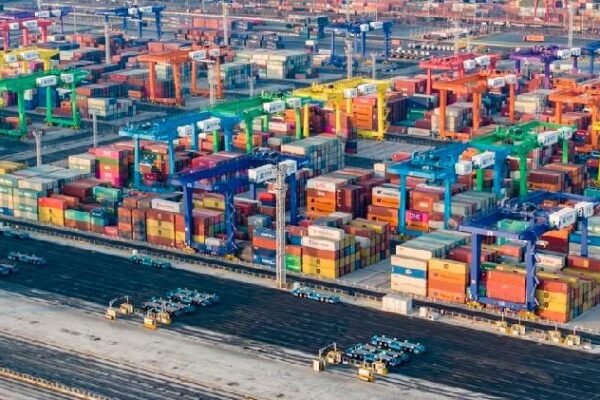Bright Future Ahead for China’s Private Economy
Since the launch of reform and opening-up policies, China’s private economy has grown from humble beginnings to a powerhouse of innovation and growth. Transitioning from mere “quantity expansion” to “quality enhancement,” it has become a key pillar of China’s socialist market economy.
The private sector plays a vital role in stabilizing employment, contributing to tax revenue, driving innovation, and promoting common prosperity. Despite facing challenges amid complex international competition and domestic economic transformation, the path ahead is filled with opportunities and potential.
Government Support Fuels Confidence
Promoting the growth and expansion of the private economy is a consistent principle and long-term strategy for China. The 19th National Congress of the Communist Party of China (CPC) incorporated the “two unwaverings”—unwavering support for both the public-owned and non-public-owned sectors—into its fundamental strategies. This top-level design has strengthened confidence among private enterprises and entrepreneurs.
Further emphasizing this commitment, the third plenary session of the 20th CPC Central Committee highlighted the creation of a favorable environment and expanded opportunities for the non-public-owned sector. Recent legislative efforts, such as the draft of the Private Sector Promotion Law, underscore the state’s resolve to sustain the vibrant growth of the private economy through comprehensive reforms.
Innovation Drives High-Quality Development
The private economy has a solid foundation for innovation-driven, high-quality development. Cultivating “new quality productive forces” tailored to local conditions and enterprise characteristics, alongside fostering innovation and digital empowerment, are key strategies.
In recent years, the rise of exports in new energy vehicles, lithium batteries, and photovoltaic products demonstrates the sector’s innovative capabilities. The emergence of domestically developed artificial intelligence models and continuous advancements in smart logistics and cross-border e-commerce highlight how “private economy” and “technology innovation” have become inseparable. Private enterprises are now competing globally with core technological capabilities embedded in their products.
Robust Growth and Global Engagement
The private economy continues to exhibit strong vitality and upward momentum. Accounting for over 90 percent of all businesses in China, private enterprises are a barometer of market dynamism. The number of private economic entities has surpassed 140 million, reflecting the sector’s vibrant and booming nature.
China’s vast domestic market, coupled with the development of a unified national market and comprehensive reforms, is expanding opportunities for the private economy. These factors create a favorable environment for the sector to drive modernization, cultivate new productive forces through innovation, and pursue high-quality development.
The future of China’s private economy is bright and holds immense promise, poised to make significant contributions both domestically and on the global stage.
Reference(s):
cgtn.com








